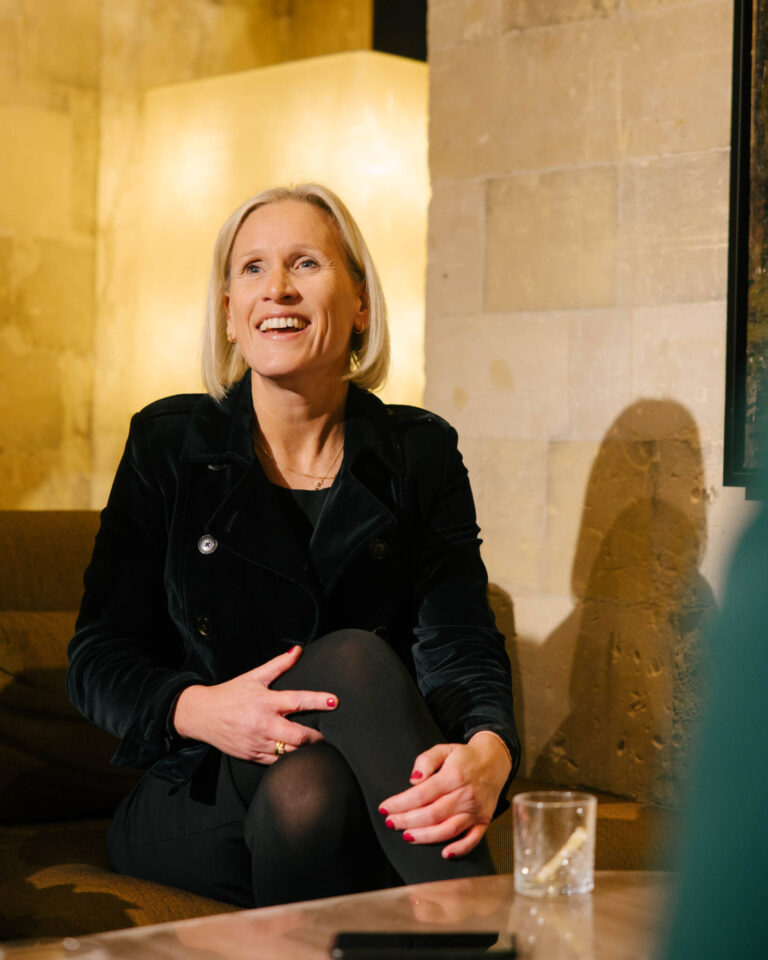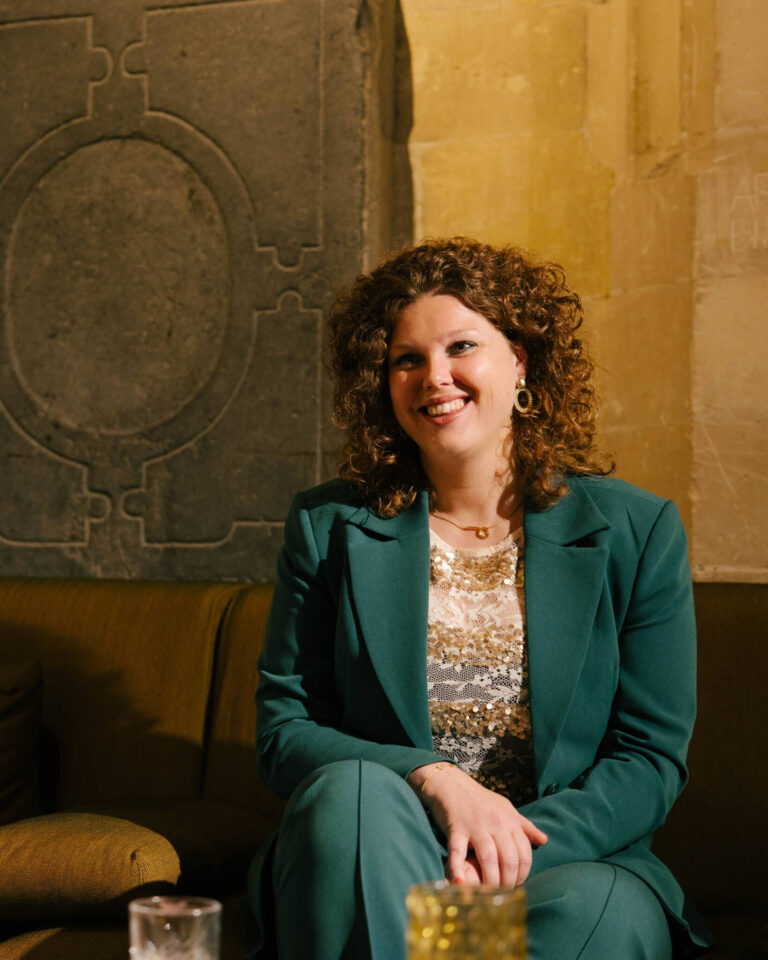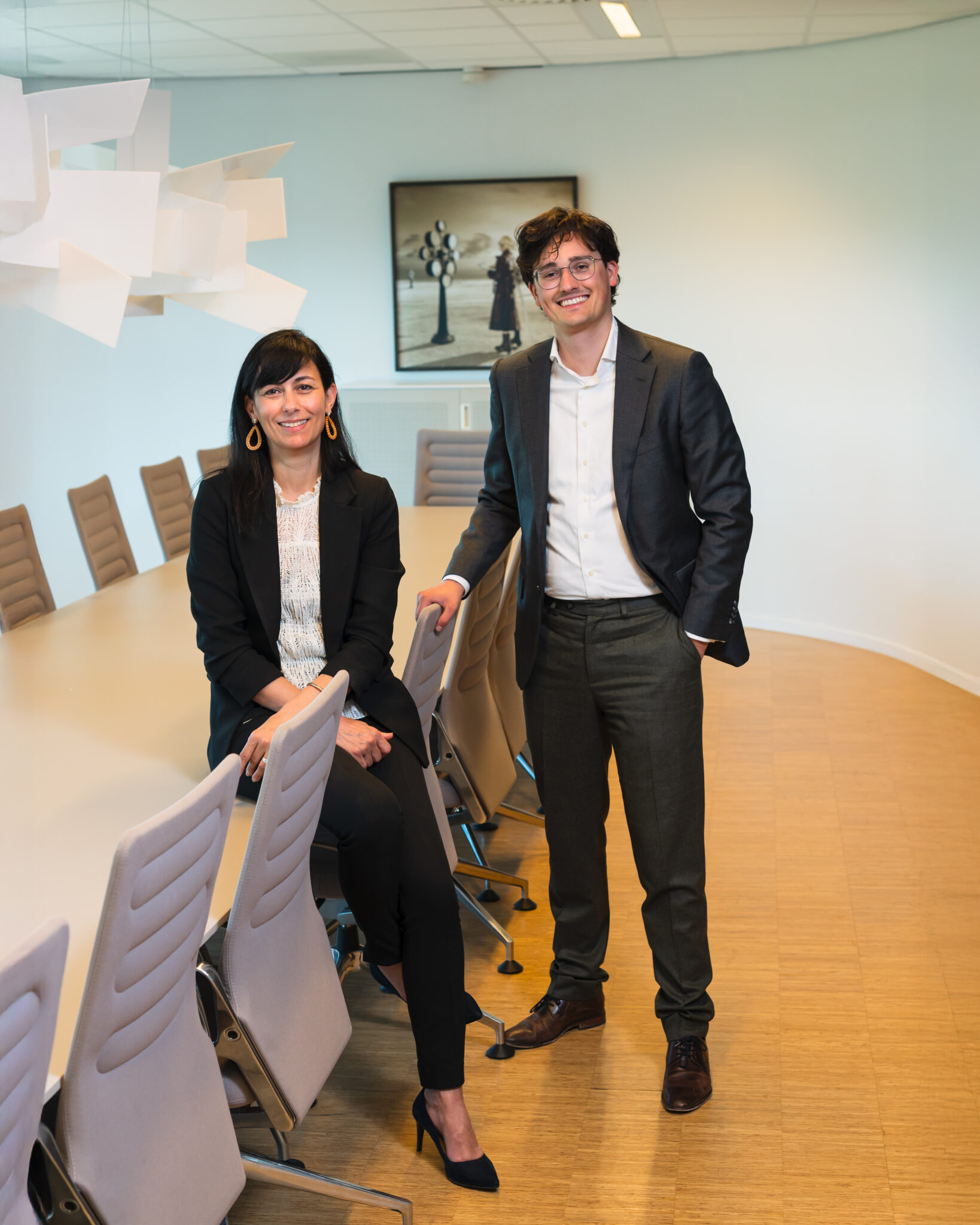AI in the legal profession
In recent years, the work has grown more complex. Increasingly, legal challenges can only be tackled by combining specializations. Simultaneously, societal developments are leaving their mark on the profession, such as the rise of Artificial Intelligence (AI), which a group of lawyers at Boels Zanders is actively exploring.
“The use of AI in the legal profession is still in its infancy,” explains Fleur Kapiteijn, Manager of Business Development & Support. “But we’re intentionally investing time in it to stay ahead as an organization.” Merel Lentjes, who advises (international) companies on compliance with laws and regulations, adds, “Managing a project or sensing negotiation room—that’s something AI can’t do. But for more standardized tasks, it can help streamline processes.”
Human perspective
Another significant development is the introduction of the Environment and Planning Act, which took effect on January 1, 2024, after years of preparation. “The law consolidates 26 laws and regulations related to the physical living environment,” says Anouk, a specialist in administrative and public-private law. “We’ve been deeply involved for years, and now we’re learning to navigate it in practice.”
In Merel’s work, which also involves acting as a trustee, the rising number of bankruptcies is notable. “Sectors like retail, hospitality, and manufacturing are facing major challenges. Sometimes, preventing a bankruptcy isn’t possible, which is very unfortunate. You empathize with people. That’s when it’s important to maintain a human perspective.”








